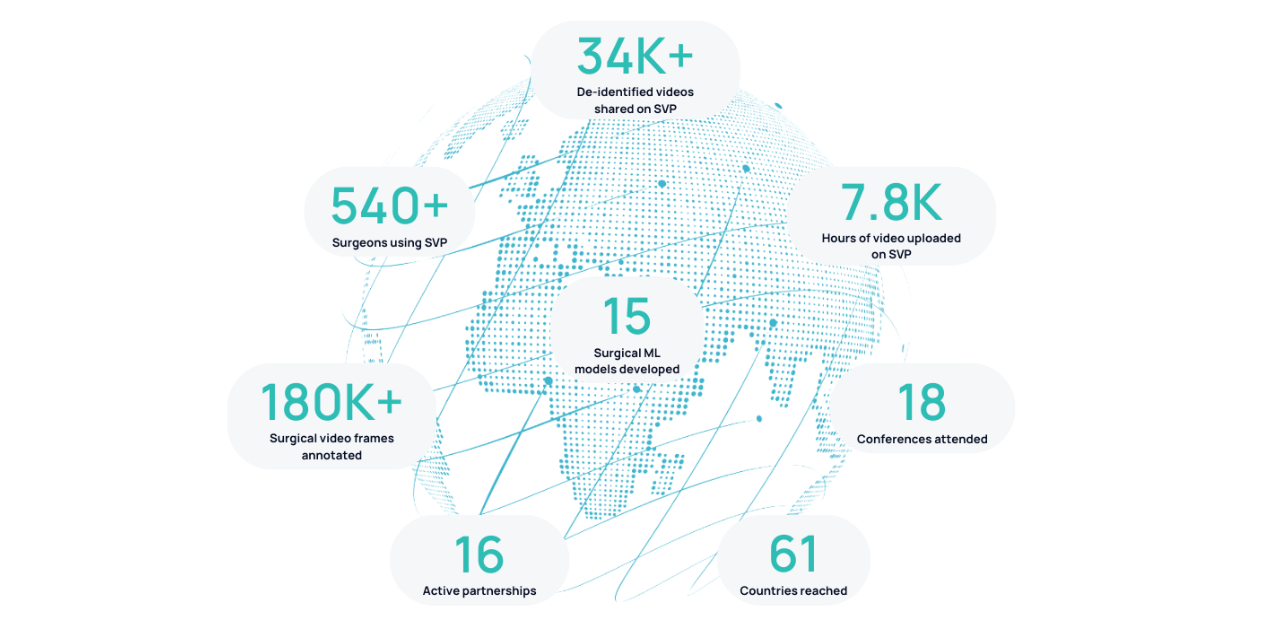.webp)
SDSC’s September Data Science Roundtable brought together leaders in patient-centered hydrocephalus care to spotlight the debilitating realities families face, and the difference we could make with technology. Panelists Amanda Garzon, COO of the Hydrocephalus Association, and Susan Fiorella, long standing Board member and advocate, shared powerful personal stories as mothers of children living with hydrocephalus.
They emphasized how variable and anxiety-inducing the condition is, as symptoms differ widely and surgical outcomes are unpredictable. It’s often the parents and patients themselves that recognize shunt or ETV failures first, yet their voices are too frequently dismissed. Both panelists urged scientists, AI developers, and clinicians to recognize patients and families as essential components of the diagnosis and ongoing care.
The discussion explored how AI could improve care across a patient’s hydrocephalus journey by aggregating fragmented records, capturing subtle patient-reported changes, supporting surgical training, and informing innovation in treatment devices. HydroAssist – an app catered to patients – was highlighted as a key tool for symptom tracking and data collection, with potential to unlock new research insights when combined with registry data.
The speakers also underscored the challenges of transitioning from pediatric to adult care, the urgent need for better long-term prognostic tools, and the misconception that current treatments are “good enough.” As Amanda summarized: “The life we are living is not okay. Families don’t make it through this."
The roundtable closed with a call to action: to harness technology as an ally for human judgement – deepening patient-centered care and driving meaningful innovation in hydrocephalus treatment.



.png)
.png)
